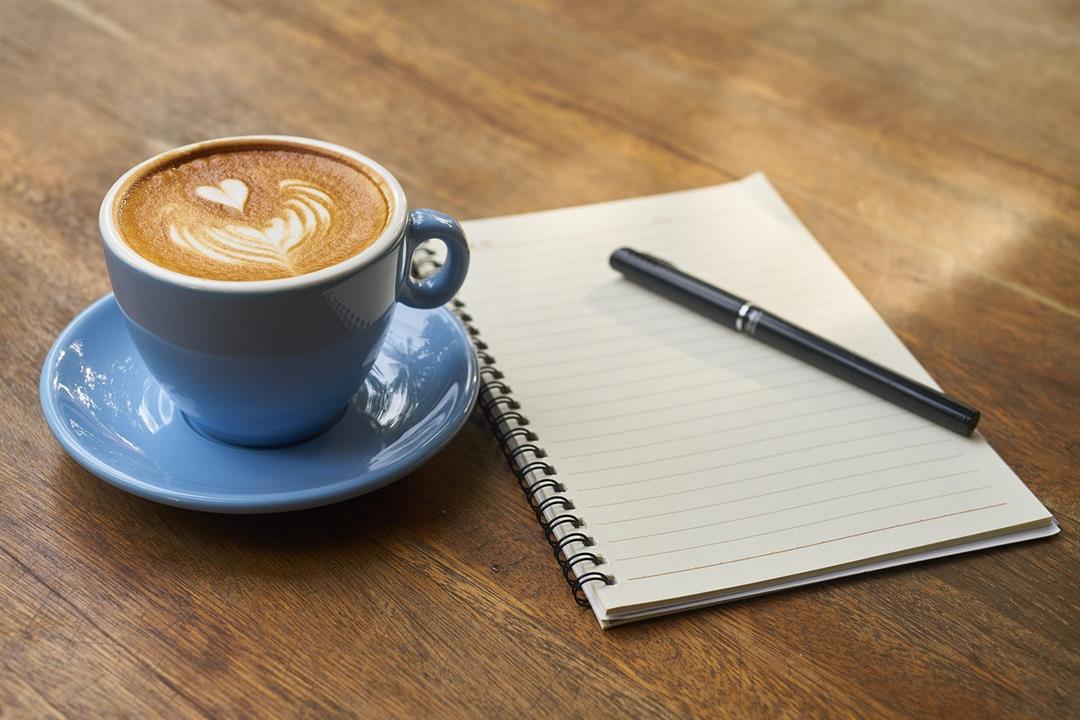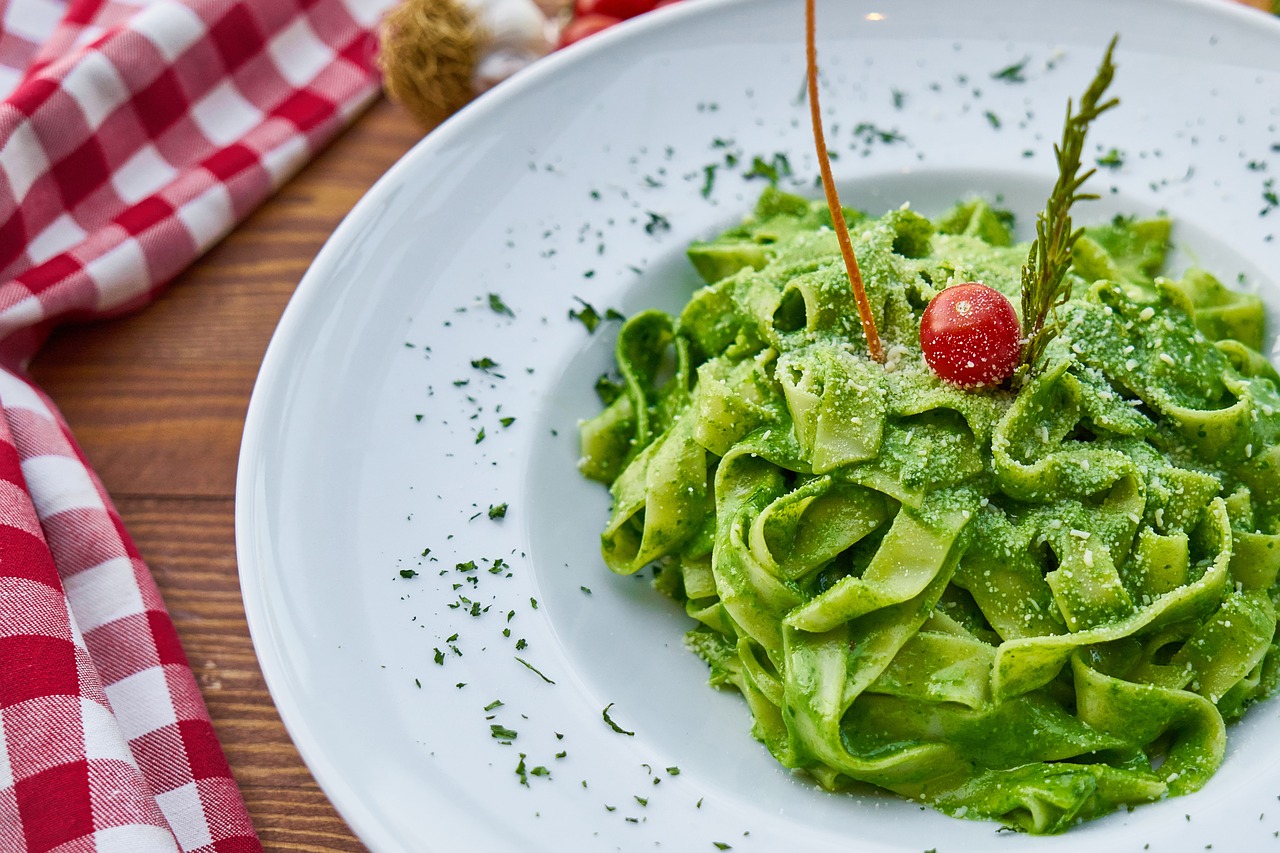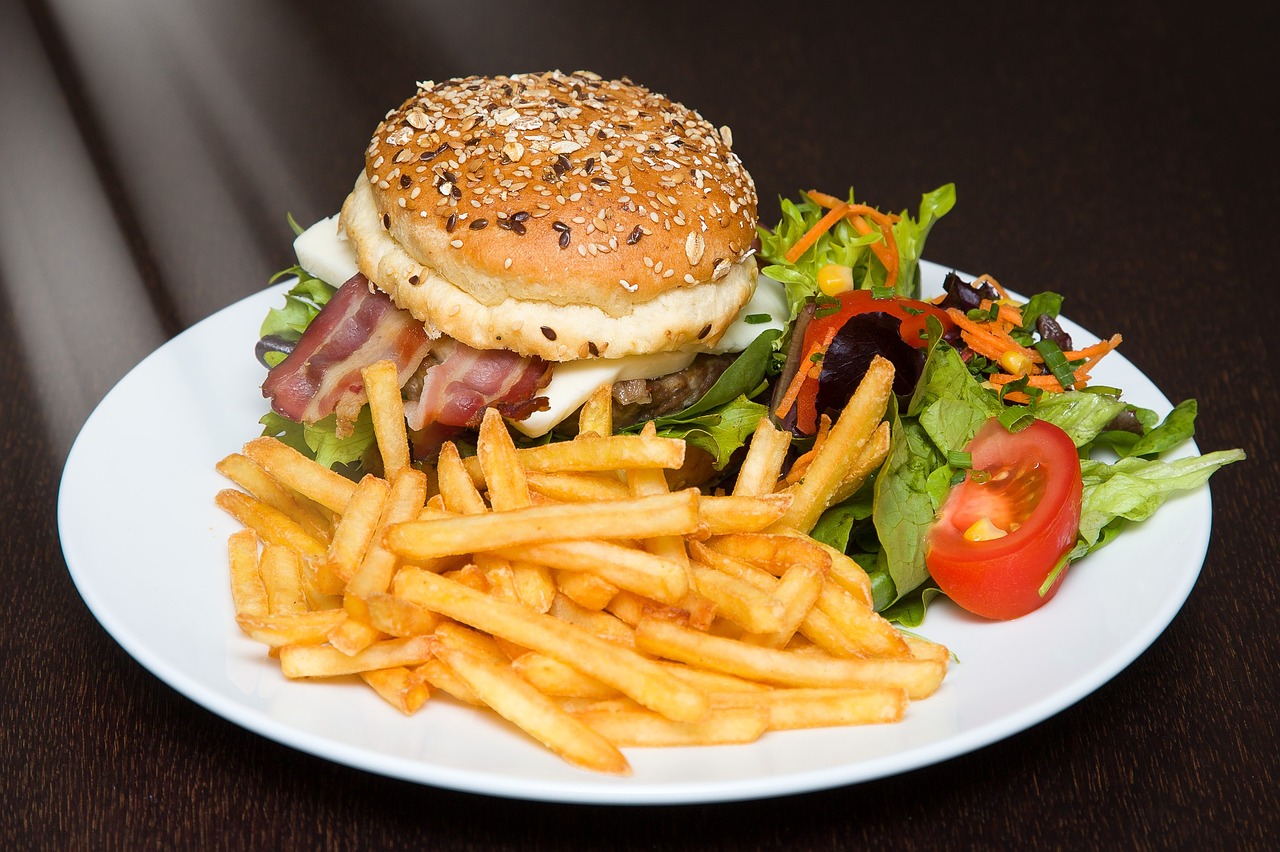Sleep Lesson: Notice How What You Consume Affects Your Sleep



Alcohol: Alcohol may make you feel sleepy, but once you fall asleep, it actually robs you of the quality sleep stages you would normally get early on in your nightly cycle. After drinking, production of adenosine (a sleep-inducing chemical in the brain) is increased, allowing for a fast onset of sleep. Hours later, after the alcohol has metabolized, your sleep becomes fragmented and you're likely to wake frequently.
The National Sleep Foundation states “drinking alcohol before bed is linked with more slow-wave sleep patterns called delta activity. That’s the kind of deep sleep that allows for memory formation and learning. At the same time, another type of brain pattern—alpha activity—is also turned on. Alpha activity doesn’t usually happen during sleep, but rather when you’re resting quietly. Together the alpha and delta activity in the brain after drinking may inhibit restorative sleep.”
The next morning, you're also more likely to wake up dehydrated and sleep-deprived. It best to stop drinking any alcohol within 2-3 hours of bedtime. If you are having trouble sleeping or feeling rested in the morning, consider cutting alcohol sooner. If you are still having trouble, check in with your healthcare provider.
Marijuana: The science behind cannabis and sleep is tricky. The following is some of the research on how marijuana can affect your sleep, but much research still needs to be done before we can make concrete claims about its effects. Although it may be true for some people that cannabis can induce a state of relaxation, creating a long-term dependence on cannabis for sleep can lead to a decrease in the sleep-aid that some feel when they use cannabis (Schierenbeck, Riemann, Berger, & Hornyak, 2008). Additionally, much like those who depend on sleep aids, studies have shown that frequent cannabis users who refrained from using the drug had more trouble getting to sleep, spent less time asleep, and had overall worse sleep quality than their non-cannabis user counterparts (Bolla et. al, 2008; Garcia & Salloum, 2015).
Sleeping difficulties after cessation of marijuana appear to be due to withdrawal effects (symptoms that appear after discontinued use of a substance) (Schierenbeck, Riemann, Berger, & Hornyak, 2008). Depending on the users' pre-existing sleep conditions, sleep difficulties that occur after cessation of use could be considered a rebound effect (symptoms that reappear after discontinued use of a medication intended to treat a target symptom).
Schierenbeck, T., Riemann, D., Berger, M., & Hornyak, M. (2008). Effect of illicit recreational drugs upon sleep: cocaine, ecstasy and marijuana. Sleep medicine reviews, 12(5), 381-389.
Bolla, K. I., Lesage, S. R., Gamaldo, C. E., Neubauer, D. N., Funderburk, F. R., Cadet, J. L., ... & Benbrook, A. R. (2008). Sleep disturbance in heavy marijuana users. Sleep, 31(6), 901-908.
Garcia, A. N., & Salloum, I. M. (2015). Polysomnographic sleep disturbances in nicotine, caffeine, alcohol, cocaine, opioid, and cannabis use: a focused review. The American Journal on Addictions, 24(7), 590-598.
Caffeine: What actually happens in your body when you drink that extra cup of coffee? Does caffeine actually give us energy? This complex stimulant can actually be quite confusing in its effects.
When you drink caffeine, you're not actually getting more energy but simply re-proportioning the limited energy you have. Caffeine attaches to adenosine (the sleep-inducing chemical) receptors in our brains. Adenosine increases throughout the day and as sleep debt increases. When caffeine binds to adenosine receptors, it blocks our our bodies natural way of telling us were tired. We get a boost in energy, but in reality, we are simply masking our sleep debt. Once the caffeine has worn off, the delayed effects all rush in at once, which is why we often crash after getting through the day on caffeine.
When you consume stimulants, your brain sends a message to the pituitary gland, which releases a hormone that tells your adrenals to produce the stress hormones adrenaline and cortisol. If you only have the occasional cup of coffee, your body will be able to react capably to the stimulation. But if you are drinking several cups of caffeine each day, you start to notice a weakened reaction. Some people might say that their ‘tolerance’ has increased, but the truth is, after long-term and repeated doses of caffeine, your adrenals are weakened and less able to respond adequately.
Researchers have found that caffeine consumption prior to sleep results in more of the time asleep in lighter stages and less time in slow wave sleep (SWS), the latter being the highly restorative stage of sleep.. When caffeine intake reached more than 8 cups per day, time asleep was reduced by 40 minutes. Even at moderate doses, it has been found that sleep onset was delayed, and daytime sleepiness was increased. (Clark & Landolt, 2017).
If you are taking caffeine to fight off tiredness from sleep debt, you may find that resting with a midday nap, even 20 minutes, will help you feel refreshed.
Sleep Enhancers: There are prescription medications and over the counter sleep aids that can be used to help facilitate sleep. Some health issues may require reliance on prescription medications for longer periods of time. Individuals that do not require long term use of sleep aids will do better based on behavioral changes rather than reliance on over-the-counter sleep aids.
Over-the-counter sleep aids are primarily in the family of diphenhydramine (AKA Benadryl). These are antihistamines (AKA allergy medications) that causes sleepiness as a side effect. Like alcohol, they can help people get to sleep but can also disrupt the normal sleep cycle resulting in poor sleep quality.
There are many different families of prescription sleeping medications. Anti-anxiety medications, such as Xanax, Ativan, or Valium, can help induce sleep but do disturb the sleep cycle. They can also result in tolerance where higher doses are needed to get the same effect and have an addictive potential. If used on a regular basis they can also cause withdrawals when stopped abruptly.
Other prescription sleeping medications such as zolpidem (Ambien) and trazodone can help people get to sleep while preserving the normal sleep cycle.
Studies on the impact of prescription and over-the-counter sleeping pills have shown their long term effects to be ineffective. A 2006 study analyzed four groups, one was given sleeping pills, another received recommendations for changing their behavior at bedtime, a third received both behavioral recommendations and the medication, the final group received only a placebo. The only group with long term benefits were the participants that changed their bedtime behaviors. This proved that behavioral measures are far more effective than sleeping pills.
If you have having difficulty sleeping due to stress, life circumstances, or health related issues, it is best to report this to your health care provider for help rather than taking over the counter sleeping aids without the support of a healthcare provider. Over the counter sleep aids may help for a very short period of time (less than 3 days) but have addictive potential and can negatively affect your sleep (much like alcohol) over a long period of time.
Food: It turns out that the source of our calories can influence wakefulness. Protein is energizing, it increases norepinephrine; high or refined carbohydrates are relaxing, they increase serotonin. So having a serving of protein food like tuna salad, grilled chicken, or a plant based protein substitute would be a better choice if you need caloric energy rather than something like a pasta or a bread-intensive meal with a shake or dessert, which could cause a sugar-high and carbo-crash combination.
Can't see the form?
If the form is greyed out, be sure to sign into Google with your @ucsb.edu address and refresh!

This work is licensed under a Creative Commons Attribution 4.0 International License.